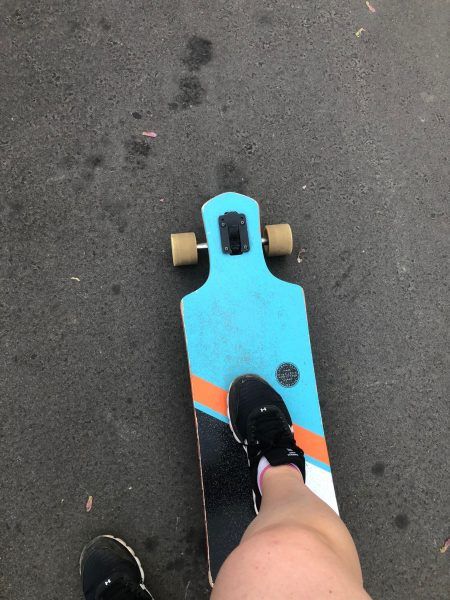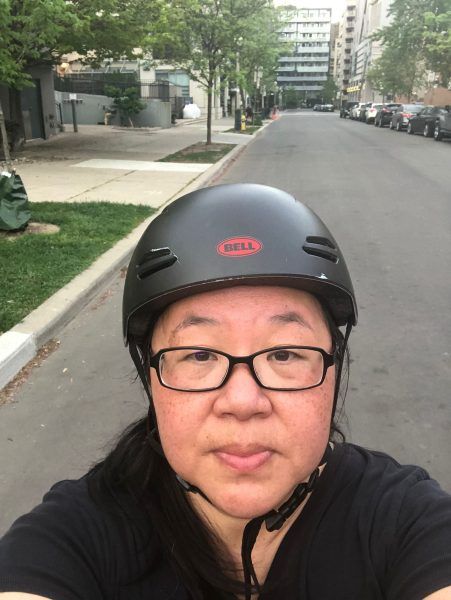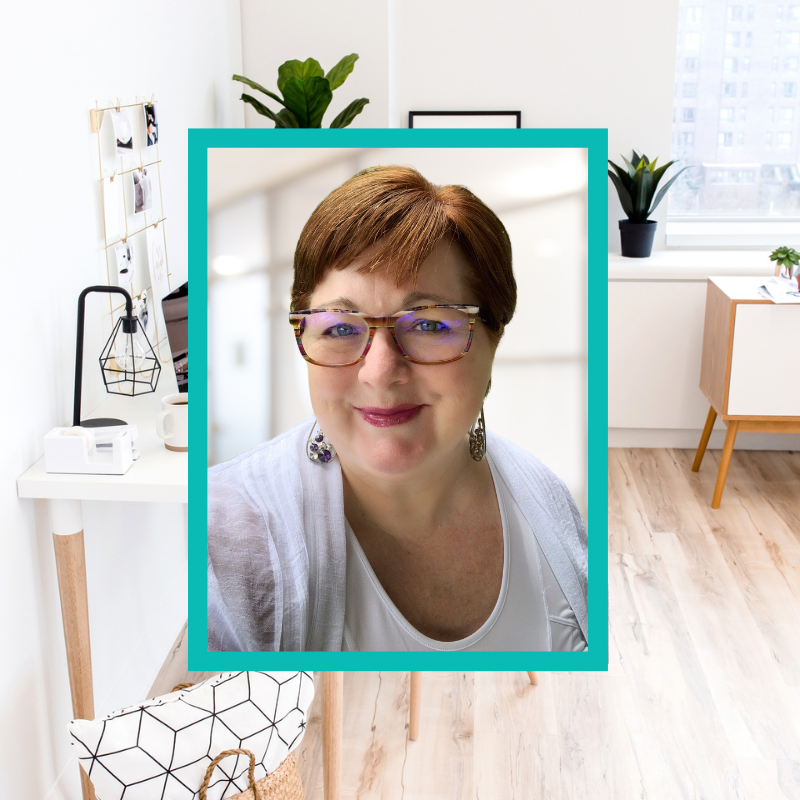The Mishmash
It's very different for everyone of course and the journey is a mishmash of various aspects of healthier choices (e.g. getting better sleep, eating healthier, getting exercise), dealing with the underlying trauma (e,g, therapy, education, practicing adaptive coping mechanisms), and healing the nervous system (e.g. learning new ways to speak to yourself, finding joyous moments, mindfulness like qigong or meditation).
For many, medication might be necessary too. Checking for underlying physical health issues is extremely helpful.
And most importantly, just not having any judgment or criticism for a while until you can learn not to interpret all of it as personal attacks to the core of who you are. This isn't always easy, as a lot of it is how you see the world. And when you are in the midst of a breakdown, the world is a very scary place. (In some cases, you are legit in a bad situation beyond your control. In which case, get help!)

A lot of it is trying stuff and realizing it doesn't work. Some of it is realizing that some things DO work, but it's weirdly hard to get it incorporated into a daily routine.
Most of all, there is a lot of noticing that you're not doing what you are 'supposed' to be doing, but learning how to not turn that into a self-bashing session that lasts for weeks. It's being compassionate with yourself by understanding that it's not something you are intentionally doing. It's just that your nervous system got wired that way. No blame, no shame, no guilt. That was super important for me. As long as I was around people who reminded me how *not great* I was, my brain would interpret it as reasons to beat my ego into the ground.
The work isn't hard because of things we would traditionally think of as work, it's hard because it's mostly made up of things we don't even know about ourselves or have wired to do it completely in a way that is messing us up.

For the most part, it's actually hanging on to hope that things will get better (or as you eventually learn, it's not often that things get better, but you learn how to deal with things better) and faith that no matter what you do and no matter how fruitless it feels like, it's all helping. All of it. Even the things that don't work. Even the getting upset. Even the people looking at you funny and telling you that you are over-reacting. It's all an opportunity to assess how your MO works for you.
The secret for me seems to be to be totally curious about what is going on, and being aware of what I'm feeling, why I'm feeling it, and how it's impacting my behaviour. Hard to do when you're being triggered multiple times a day. It's exhausting work. But being curious beats overwhelming feelings of helplessness and anger.

There are many plateaus and many turning points. Quite a few sliding backward phases, which were super hard to deal with. But the OMG I'VE MADE IT TO THE NEXT STAGE UP, are moments to celebrate.
So. This is one such moment.
I got a long board. I've tried said long board for the first time this evening. I'm not very good on my long board. Yet. I can balance on it and I can go a few feet. I'm still afraid of speed, but ultimately... I DON'T CARE.
I don't care if people on my street think I'm crazy. I don't care if 51 seems like an odd age to take up the long board. I don't even care if I stop trying to get better after a few efforts. I have no goal, no pressure, no worry about judgment or failure. I cannot fail. I can only get a bit better each time I get on it. That's it. It's purely about having fun with it.
This is a milestone for me.
I'm not used to doing something with zero practical value and have nearly no hope of ever getting good enough at it to, say, use it as transportation to work.
Do you have something you're doing where you have no idea if you will ever get good at it?







